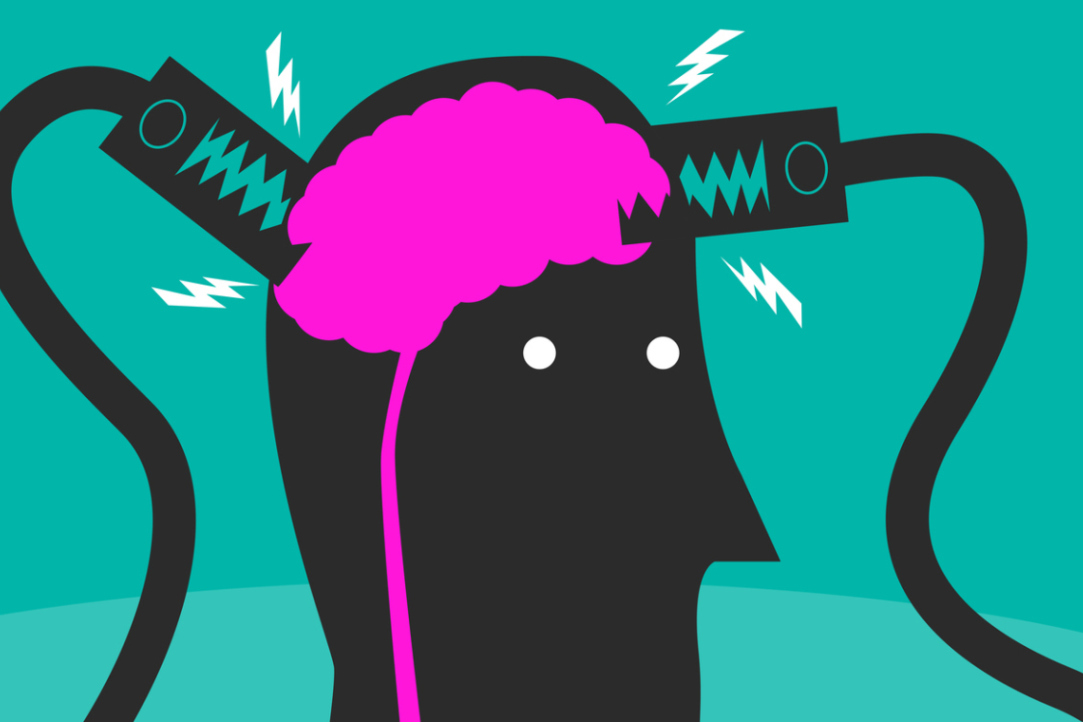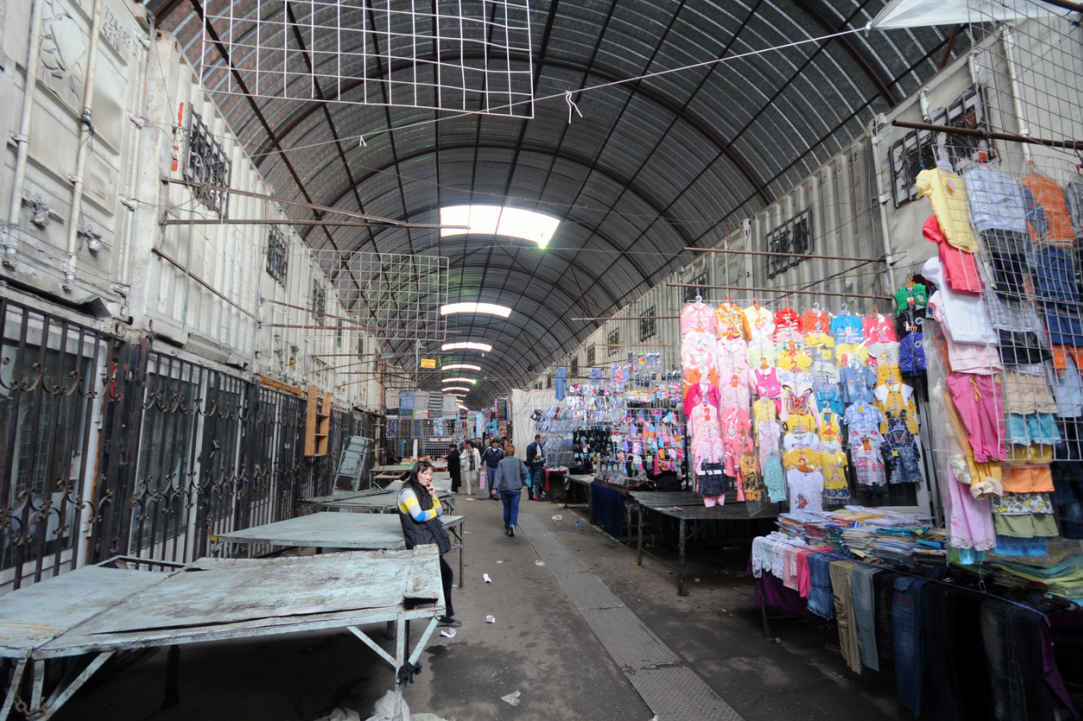
Study Explains Blood Donation Motivations
An international team of researchers from the HSE International Laboratory of Positive Psychology of Personality and Motivation, the Russian National Research Centre for Hematology, and a number of American universities examined the motivations of regular blood donors.

Microfluidic Chip Used to Test Drug Toxicity
A team including HSE researchers has developed a way to use microfluidic chips to assess the toxic effects of drugs on humans. This device will help identify and minimise the side effects of drugs during the preclinical trial stage and reduce the need for animal experiments. The study is published in Bulletin of Experimental Biology and Medicine.

Normal for the Abnormal: How the Image of a Maniac Appeared in Popular Culture
The image of a serial killer and/or rapist is a product of scientific discourse, transferred to the cinema, and then to TV series. In many films, the plot is based on finding and capturing such criminals by using a particular method — social and psychological profiling, and the appearance of a maniac in the cinema has been normalized today. Maria Marey, Senior Lecturer at HSE School of Philosophy and Cultural Studies, analysed how science and philosophy have contributed to the emergence of serial killer characters in popular culture, and how it affects the audience.

HSE Researchers Caused People to Behave Less Rationally by Suppressing Activity in Specific Parts of the Brain
Researchers at the HSE Institute for Cognitive Neuroscience have shown experimentally that magnetic stimulation of the prefrontal cortex of the brain causes test subjects to act less rationally, changing how they assess possible outcomes at the moment they make risky decisions. The scientists believe that the discovery will provide a better understanding of the mechanisms that give rise to gaming addiction. The results of the study were published in the journal Scientific Reports.

Senior Scholars’ High Achievements Rely on Strong Personality and Favourable Environment
According to researchers of the Moscow City Pedagogical University (MSPU) and HSE University Vladimir Postavnev, Irina Postavneva, Vadim Peskov and Alexey Dvoinin, certain personality traits can help older scholars stay productive and creative for a long time. The study findings are published in Acta Biomedica Scientifica.

The Informal Economy and Post-Soviet Transition
The informal economy is a global phenomenon found in both developed and developing countries. There remains no consensus among academics about how the informal sector impacts overall economic growth. Elena Kalmychkova and Alexander Lipanov of Lomonosov Moscow State University and HSE University examined the informal economic sectors of former Soviet republics and found that regardless of any potential negative impact, these informal economies eventually helped people adapt to a post-transition free market environment.

Physical Activity Found to Increase Life Satisfaction in Young Russians
Assistant Professor of the HSE Faculty of Economic Sciences Natalia Khorkina and Master's student in Economics Valeria Gritchina examined the relationship between physical activity and life satisfaction among young Russians aged 16 to 25 to gain a better understanding of the role exercise can play in young adults' subjective well-being. The researchers found that being physically active tends to contribute to a positive outlook on life, but mainly for men.
.jpg)
Card Index: Uberisation of Education
Education is in the process of being partly reformatted into an on-demand service, with digital platforms quickly and efficiently matching teachers to students. This can make education more personalised and accessible and open up new professional development and money-making opportunities for teachers. But is an Uber-like model really good for education? The following discussion of uberisation in education is based on a paper by philosopher Timur Khusyainov, Deputy Dean of the Faculty of Humanities at the HSE Campus in Nizhny Novgorod.

People Are Reluctant to See Anthropomorphic Robot Assistants
Researchers from HSE University studied the perception of social robots (robots that are able to communicate with people and assist them with various needs) in everyday situations. They studied the perception of such factors as the robots’ appearance, speech, interaction situations, as well as the respondents’ characteristics. The scholars found that androids are more desirable in various situations than humanoids (robots that only vaguely resemble humans).

Why Volunteers Keep Coming Back
HSE University researchers together with colleagues from Erasmus University in Rotterdam and the University of Pennsylvania examined the determinants of episodic volunteer satisfaction and its impact on the motivation to continue volunteering.

